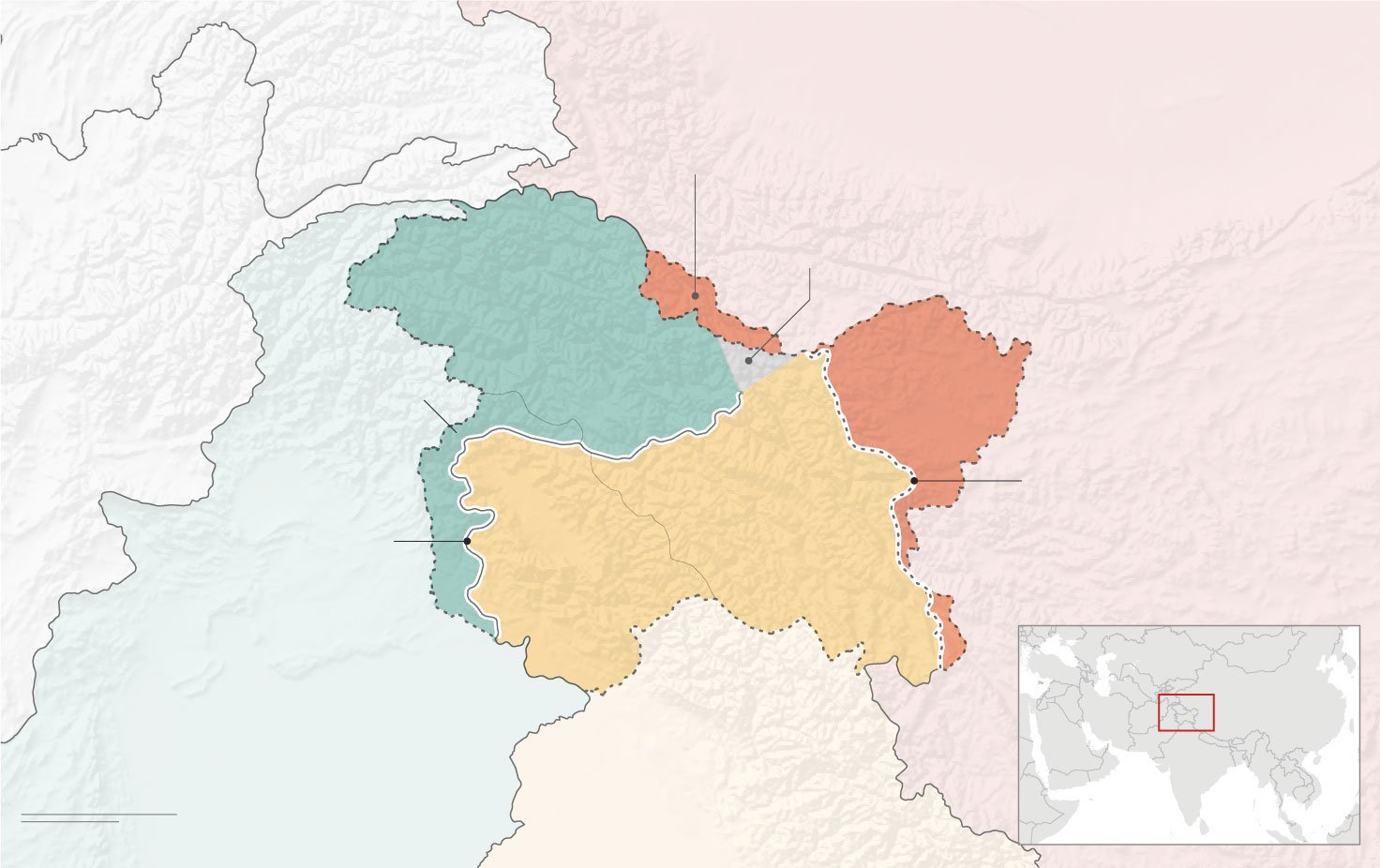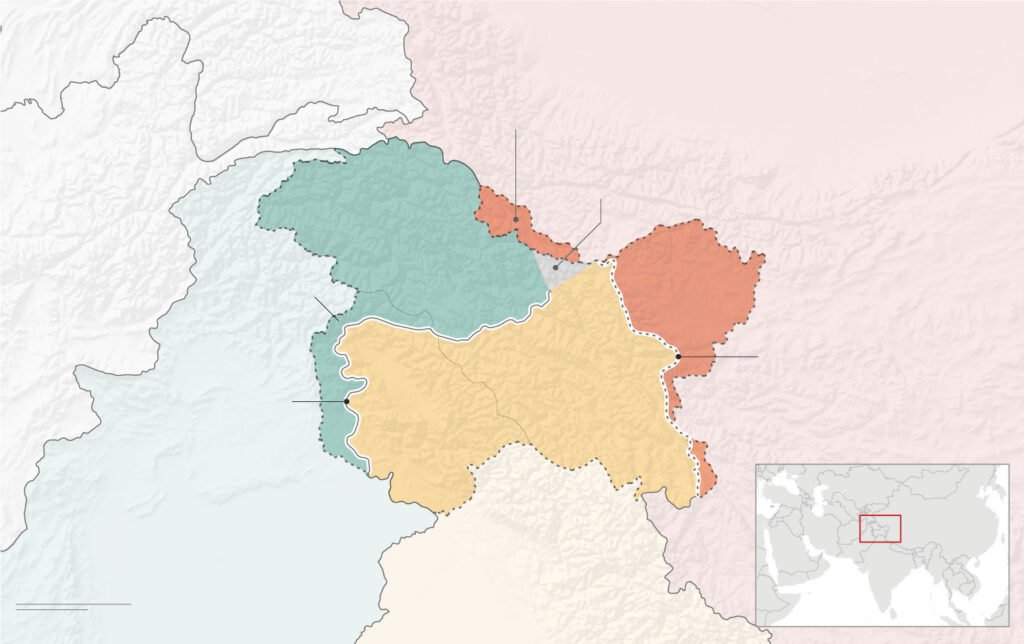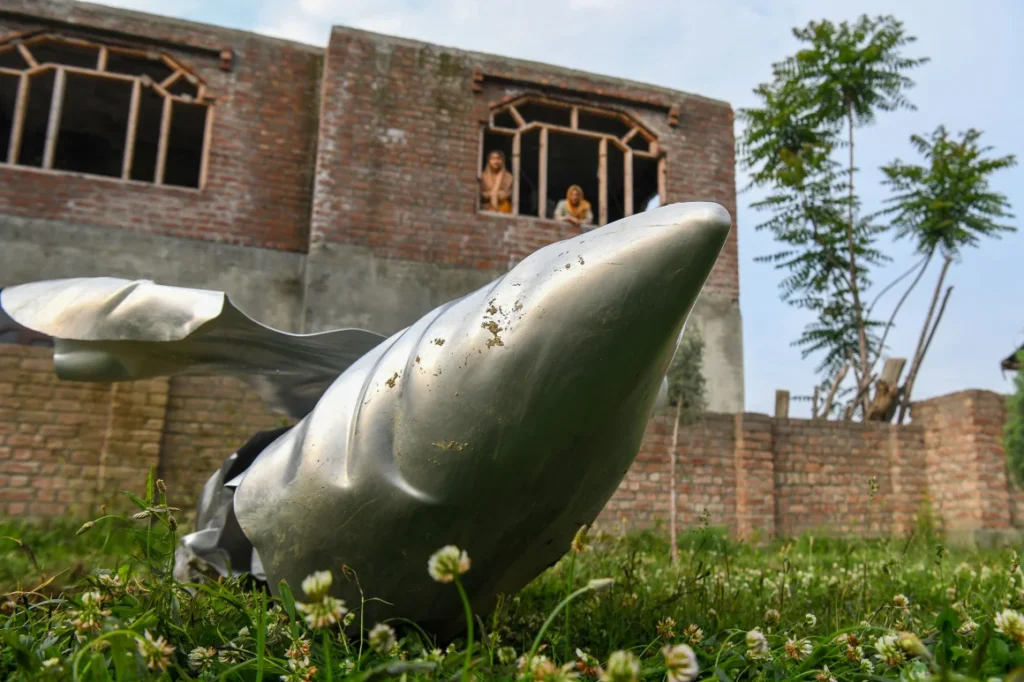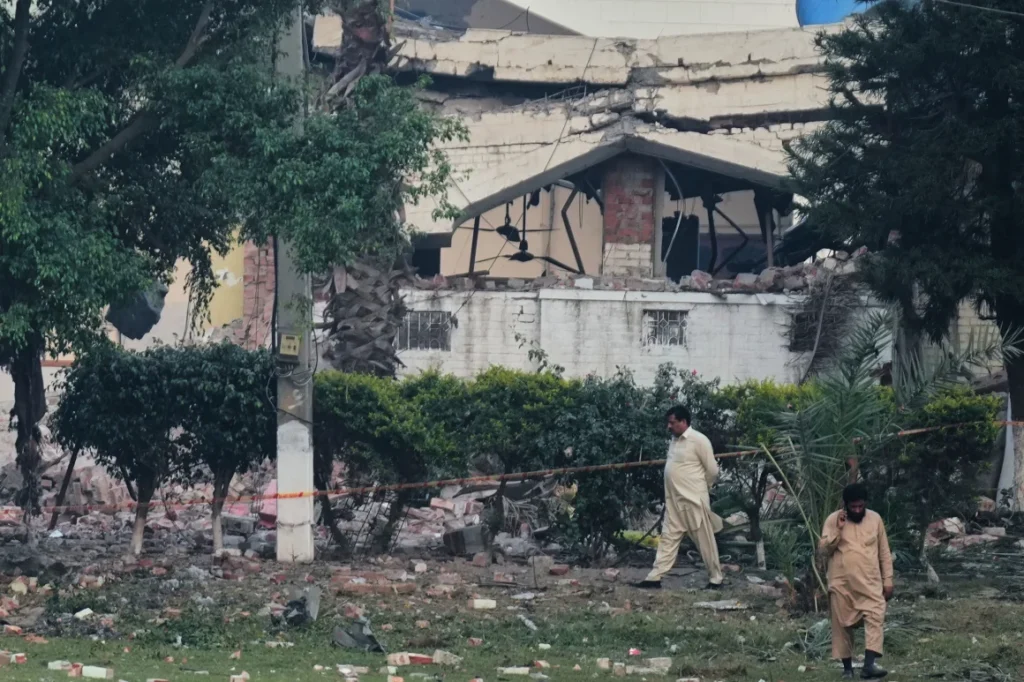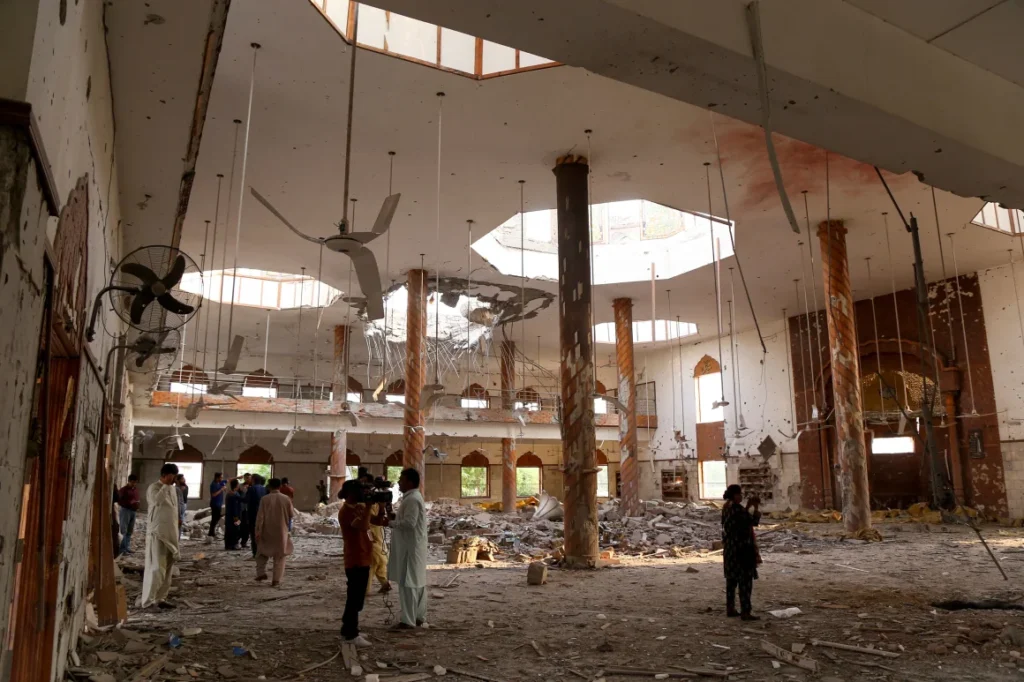Doha, 12 May 2025
By Ashraf Siddiqui
Following the Indian airstrikes on Pakistan under 'Operation Sindoor' in the early hours of May 6th (Tuesday–Wednesday night), which reportedly resulted in the deaths of at least 31 people and injuries to 46 others across various regions of Pakistan, India launched another round of strikes during the nights of May 8th and 9th. In response, Islamabad mounted a firm and strategic defense to uphold its sovereignty. Pakistan claimed it had damaged billions of dollars of Indian military assets (shoot down five Indian Air Force jets – including three Rafales, sophisticated French-made jets that New Delhi only acquired a few years ago, a Russian Mig 29, destroyed Russian built S-400 defence system, Air Defense System in Indian Punjab state, Brigade Headquarter; billions of US dollars of economy, challenged India's perceived superiority, and exposed it as a state allegedly supporting day today terrorism in Pakistan, the region and across including the US and Canada. These escalating tensions eventually compelled India to seek mediation from major global powers, including the United States, United Kingdom, Islamic Republic of Iran, Saudi Arabia, the UAE, and others. This diplomatic pressure led to an informal ceasefire agreement announced by US President Donald Trump—marking a symbolic retreat, with the Indian Prime Minister metaphorically wiping off the nation's 'Sindoor'. However, the lack of a formalized, documented understanding has left this truce fragile, ambiguous, and vulnerable to reinterpretation—particularly by India.
On May 12, today, critical talks between the two nations are set to take place, offering a pivotal opportunity to determine the way forward. However, history urges caution. Pakistan and India have previously engaged in cycles of dialogue that begin with hope but end in disillusionment due to insincerity—largely from the Indian side. If India truly seeks peace, it must demonstrate that intent not just through rhetoric, but through verifiable, transparent actions.
Pakistan’s position in these upcoming talks must be clear and assertive: a formal, binding ceasefire agreement is essential, along with a roadmap that outlines a process for long-term, sustainable peace. Informal arrangements are no longer sufficient—India must unambiguously and officially accept the terms of the ceasefire. At present, India appears to be walking a strategic tightrope—maintaining a gray area in which it avoids full commitment while attempting to control the narrative.
This ambiguity cannot be allowed to persist. Pakistan must proactively assert its stance to the international community: the root of this conflict is not terrorism, as New Delhi often claims, but rather an ideological agenda driven by India’s current leadership—an agenda rooted in regional dominance and religious supremacy.
True peace in South Asia is unattainable without confronting and resolving the Kashmir dispute, most appropriate by implementing on UN Security Council Resolutions lying in racks. Talks must move beyond superficial understandings and address the deep-seated causes of conflict. Without such engagement, the region risks yet another cycle of short-lived negotiations and renewed hostilities.
From a political and diplomatic perspective, Pakistan enters these talks from a position of strength. The ceasefire—though unofficial—was achieved after Pakistan’s strong and effective military response and deft diplomatic outreach. Now, the focus must shift to locking in this progress through formal mechanisms that prevent narrative manipulation or premature claims of victory by India.
Any peace framework must be multilaterally acknowledged. India has already conceded to a ceasefire in practice—this now needs to be put on official record. Additionally, assurances have been given that the core issues, especially Kashmir, will be addressed. Unless Kashmir sees a just and peaceful resolution, resistance in the region will persist, as will the broader Indo-Pak tensions.
Furthermore, India must be held accountable for its escalatory behavior and formally commit not to repeat such provocations. This commitment should be backed by credible monitoring mechanisms—ideally with international oversight—to ensure adherence and to prevent future breakdowns.
Intentions matter. Without genuine intent from India, even the most well-facilitated process will falter. India must recognize that lasting peace lies in structured, respectful dialogue, not in unilateral narratives or ideological aggression.
The ceasefire agreement must now evolve from a temporary measure into a formal, binding commitment respected in both letter and spirit. The real test lies ahead: will India truly honor the ceasefire?
Looking forward, talks must produce a clear roadmap—complete with milestones and timelines—to guide bilateral relations in the coming months. The upcoming Shanghai Cooperation Organization (SCO) summit, which may be attended by leaders of both nations, offers a potential platform for high-level engagement. However, any meaningful dialogue at that forum will require groundwork laid in advance by security advisors and diplomatic teams.
This conflict, contrary to India's narrative, was never rooted in terrorism. It is the product of a deliberate attempt to assert regional and ideological dominance. Pakistan’s robust military and diplomatic responses have shown the country’s resilience and its ability to shape international discourse.
Pakistan’s representatives must remain proactive and assertive. The goal must be a structured, transparent process leading to sustainable peace. The world must understand that the Kashmir issue lies at the heart of the conflict—and without its resolution, peace in South Asia will remain elusive, only solution to the conflict is to implement on UN Security Councils long awaited resolutions on KASHMIR.
India must now decide: will it continue to manipulate ambiguity for short-term gain, or will it commit to a durable peace process rooted in sincerity, mutual respect, and international accountability? Pakistan is ready. The question remains—is India?

